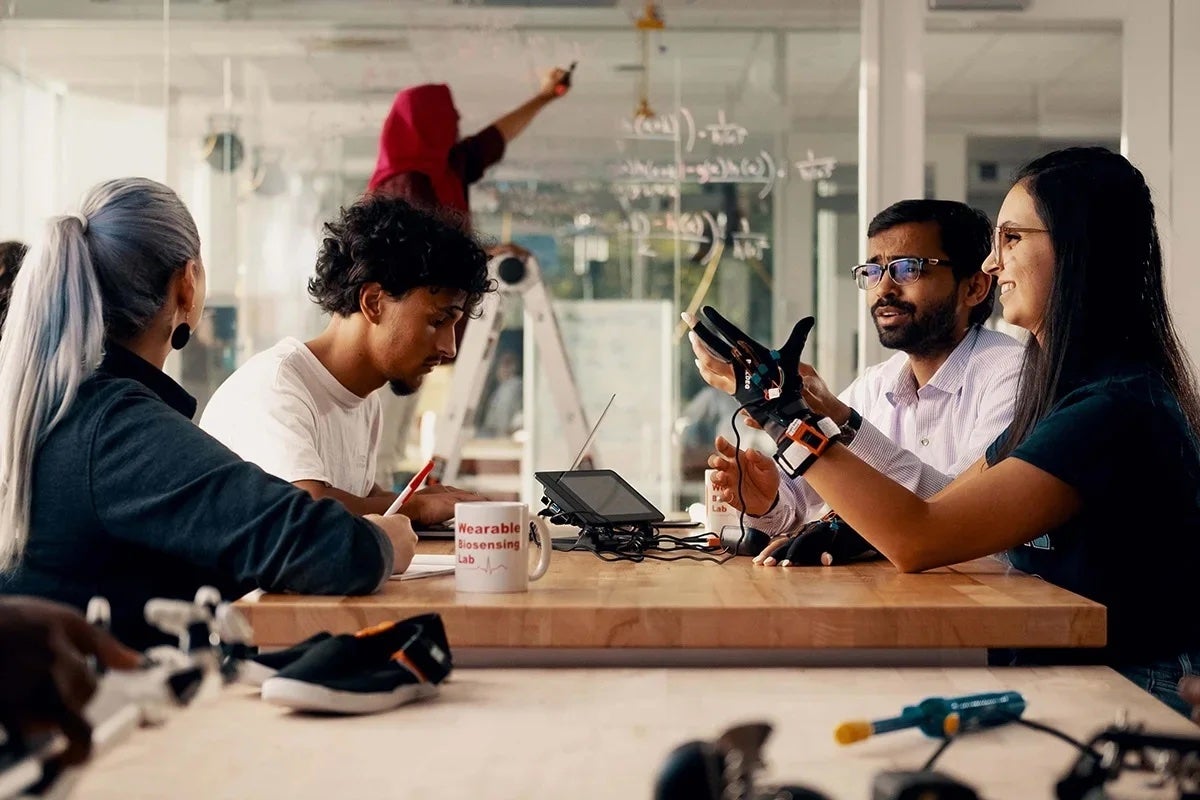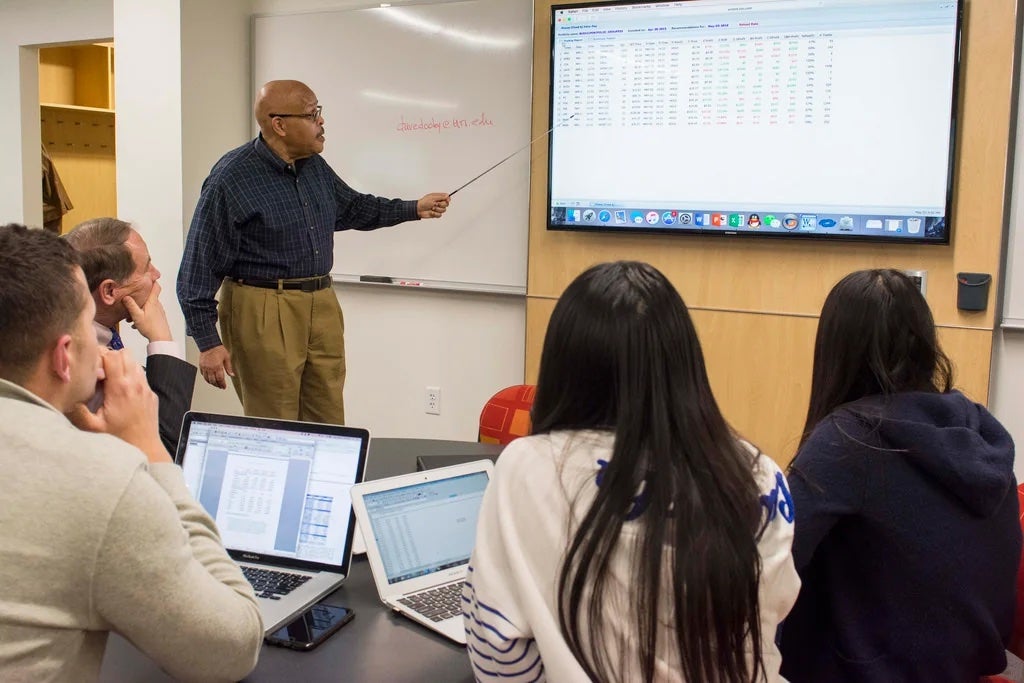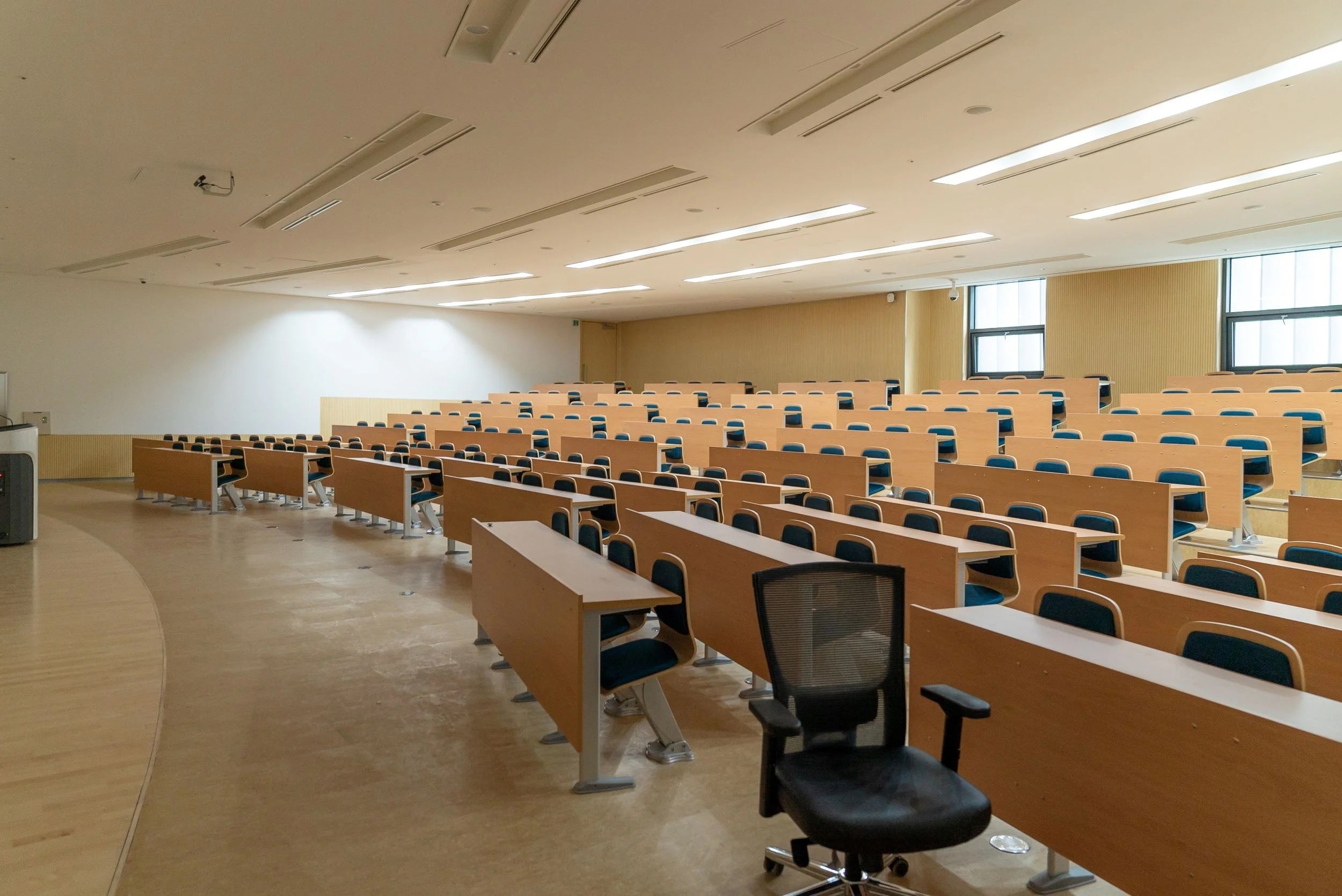Student Support and Advocacy Services receives referrals, provides case management, and makes recommendations for students experiencing personal, emotional, financial, or medical concerns. Our team collaborates and consults with students, parents, faculty, staff, and other on- and off-campus resources (e.g., University Police, Community Standards, Counseling Center, Dining Services, Disability, Access, and Inclusion, medical providers, Financial Aid, Housing and Residential Life, and Violence Prevention and Advocacy Services) to best address the diverse needs of each student.
University of Rhode Island Land Acknowledgment
The University of Rhode Island occupies the traditional stomping ground of the Narragansett Nation and the Niantic People. We honor and respect the enduring and continuing relationship between the Indigenous people and this land by teaching and learning more about their history and present-day communities, and by becoming stewards of the land we, too, inhabit.





